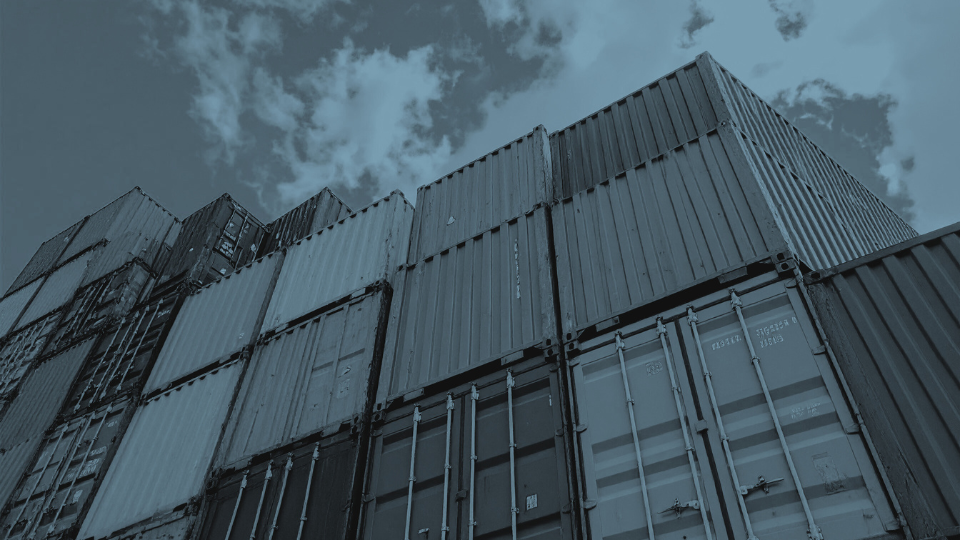
Part 2 | The Three Ways You “Book and Claim” in Market-based Transportation Emissions Accounting and Reporting

In part II of our two-part series: a look at a market-based approach to transportation decarbonization. This second part dives into how a “Book and Claim” chain of custody model is leveraged and how shippers can B.Y.O. (“bring-your-own”) Sustainable Aviation Fuel (SAF).
The Challenge
Scaling low-emission fuels within complex logistics systems requires accounting practices that are both credible and flexible to ensure transparency and proper allocation of environmental benefits.
The Solution
A "market-based" approach using a "Book and Claim" chain of custody model provides a flexible and credible way to track and report lower emission profiles from the use sustainable fuel, separating the physical fuel flow from the accounting of its environmental attributes.
Application 1
Fueling and Transportation Services: The model allows a company to purchase and claim the lower emission attributes of a sustainable fuel, like SAF, even if that fuel is physically used in a different location or by a different vehicle. This enables logistic service providers and shippers to procure the attributes of green transport without a direct physical link.
Application 2
"Bring-Your-Own" (BYO) Fuel: Shippers can directly purchase low-emission fuel attributes from producers. This allows them to proactively meet their decarbonization goals by claiming the environmental benefits, simulating a scenario where their own goods were transported using sustainable fuel.
The Goal
The "Book and Claim" system enables cargo owners to receive the full benefit of their investment in low-emission transport services. This approach, especially with BYO fuel, requires intentional and accurate accounting to prevent double counting and ensure claims are credible, thereby accelerating decarbonization across the freight sector.
Courses related to this subject:
To understand more about Book and Claim, enroll in the courses below.
Who we are
The Smart Freight Centre Academy is the education and knowledge-hub of globally recognised NGO Smart Freight Centre, a leader in freight decarbonization practices, standards and frameworks.
Copyright © 2026
10% Discount
Start Your Freight Decarbonization Learning Journey.
Receive 10% off your first course.
Coupon Code:
SFCAcademy10
SFCAcademy10
Are you an SFC member? Go to our resource centre to explore your member benefits.